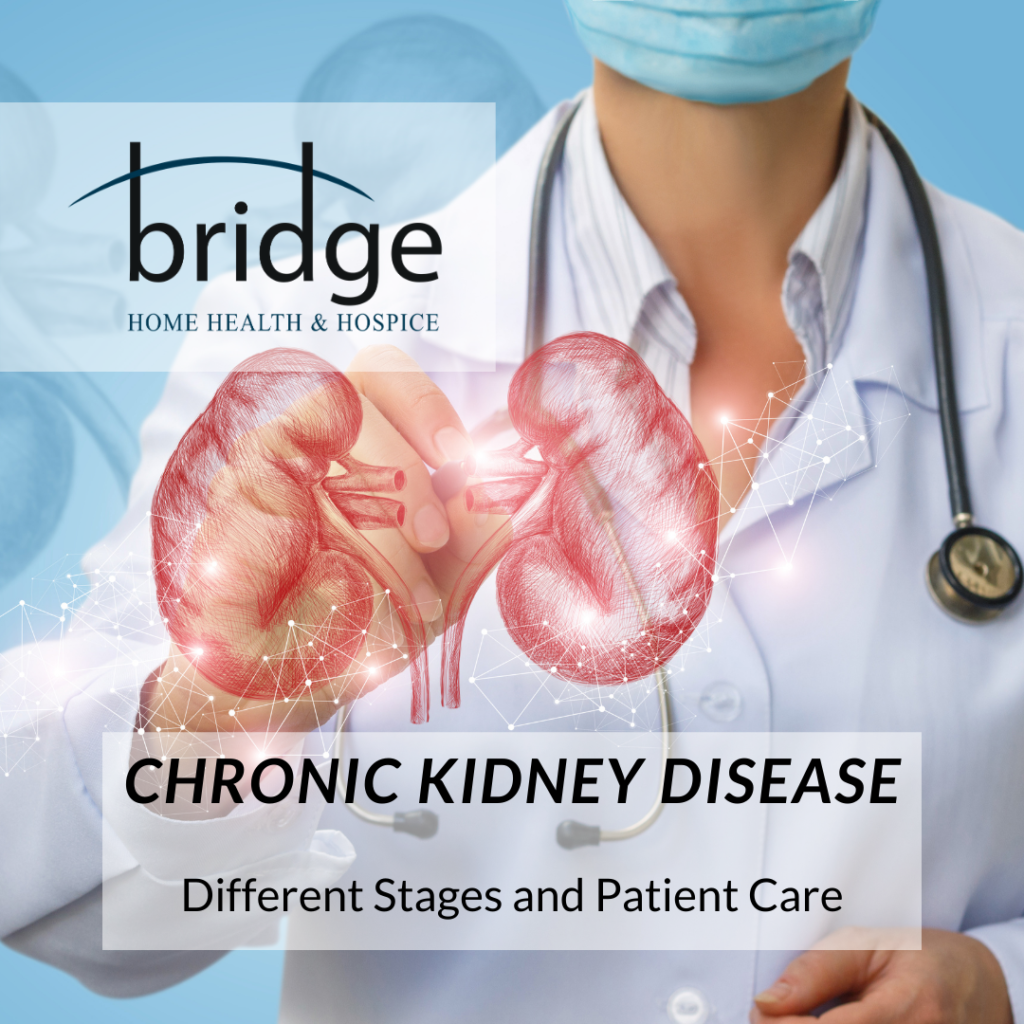Chronic kidney disease is a severe medical condition that affects many patients. Especially patients with diabetes, high blood pressure and are 60 years of age and above. That’s why it’s important to note what the different stages are, what you can expect to experience, and what needs to happen healthcare-wise to ensure welfare despite their condition.
This article will discuss the five stages of chronic kidney disease. Take this opportunity to either look after yourself or care for a loved one undergoing this disease. This way, you or your family member can live a fuller life and become more aware of specific medical needs.
Stage 1
Stage 1 patients have mild kidney complications that read at an estimated glomerular filtration rate (eGFR) of either 90 or higher. Upon further diagnosis, the doctor can extract protein from urine, meaning their kidneys are becoming less efficient as a filtering organ. That’s why we must make lifestyle changes to ensure the proper management of one’s health.
Even if the chronic kidney disease may be in its early stage, it shouldn’t mean you can be complacent. As such, you should consider home care services to monitor dietary changes, exercises, blood sugar and pressure reading, and total avoidance of tobacco. It’s also best to have direct communication with the doctor for further recommendations.
Stage 2
Stage 2 means the patient is classified with mild kidney disease. The eGFR reads between 60 to 89, meaning more signs of protein in the urine and decreased quality of life.
Patients at this stage need to double down on their lifestyle changes and need strict monitoring to prevent their situation from worsening. Its recommended to consult with home healthcare agencies for utmost guidance, especially for patients who are not seriously treated.
Stage 3
Stage 3 is a worrying sign because it means the kidneys are not working correctly. The patient can fall under two substages, namely Stage 3a (if the eGFR ranges from 45 to 59) and Stage 3b (when the eGFR is at 30 to 44). You can expect inflammation around the hands and feet, back pain, plus increase urination. Other issues include high blood pressure, bone disease, and anemia. You need to consult with an experienced nephrologist, develop the appropriate care plan, make significant lifestyle changes, and undergo medication.
Stage 4
Stage 4 means the eGFR is at 15-29, meaning the kidney shows significant damage and needs medical assistance to work correctly. The symptoms from Stage 3, like back pain and increased urination, will worsen, and most patients often need to be assisted by caregivers to follow the care plan. Once the kidneys have stopped working, dialysis or kidney transplant are necessary, or the patient dies due to kidney failure.
Stage 5
Stage 5 is the most severe. It typically means the kidneys are bound to fail or have already stopped functioning entirely. The eGFR is below 15, and you can expect impurities to start forming in the bloodstream, causing the following symptoms:
- Back pain
- Hand and feet inflammation
- Inconsistent or excessive urination
- Unexplained itching
- Nausea and vomiting
- Insomnia
- Appetite loss
- Breathing problems
Conclusion
Chronic kidney disease can be challenging to deal with, especially as you keep progressing to the later stages. The good news is there are medical care services you can take advantage of to ensure much-needed treatment and adequately address the medical complications. Remember all the previously mentioned information and get help immediately.
Are you in need of highly reliable senior health services in California? We at Bridge Home Health & Hospice can provide you with that. We also have the best-trained patient care specialists to ensure all our elderly clients receive the assistance they need. Please consult with our team about our different elderly wellness solutions and find the appropriate one for your needs.

